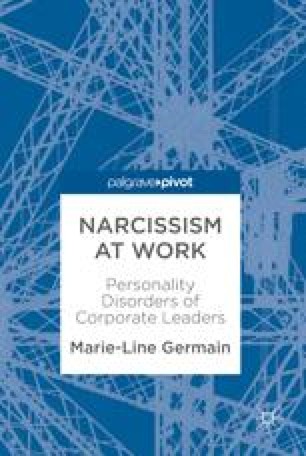

Some people view lies as utterly unacceptable and refrain from lying. Still, people differ in whether they value lies as good or bad. Finally, people indicate that their feelings would be severely hurt if other people question their truthful messages, but that people are less hurt when their lies are disbelieved (Elaad, 2015). In contrast, the ability to tell convincing lies is rated no better than the ability of others (Ekman & O’Sullivan, 1991 Elaad, 2019). Studies on self-assessed lie- and truth-related abilities have shown that people tend to rate themselves highly on the ability to tell the truth convincingly. People also appreciate truth-telling and feel that their ability to tell the truth convincingly is more important than their ability to tell lies, detect lies or believe truthful messages. Finally, time pressure was found to interfere with lying but not with truth-telling (Capraro, 2017). Furthermore, when distracted by a demanding memory task, people tended to lie less frequently than when the distracting task was less demanding (Van’t Veer, Stel, & Van Beest, 2014). Further support for truth-telling dominance comes from reaction time studies that found faster reactions when people were instructed to tell the truth than when they were instructed to tell lies (Suchotzki, Verschuere, Van Bockstaele, Ben-Shakhar, & Crombez, 2017).

Accordingly, people tend to believe that while their truths shine through, lies are easily detected (Vrij, 2008). It suggests that people tend to think or feel that their emotions are obvious to other people. The ‘illusion of transparency’ (Gilovich, Savitsky, & Medvec, 1998) contributes another explanation for truth-telling dominance. Hence, it is to be expected that difficult lies and simple truths are more available than easily formulated lies or difficult-to-discern truths (DePaulo et al., 2003). Specifically, telling a lie is believed to be a difficult task whereas telling the truth is believed to be a simple matter of ‘telling it like it is’ (Buller & Burgoon, 1996). The cognitive theory of lying suggests that truth-telling is the dominant intuitive response because lying is more complex and requires exertion of additional cognitive effort (Vrij, Fisher, Mann, & Leal, 2006).


 0 kommentar(er)
0 kommentar(er)
